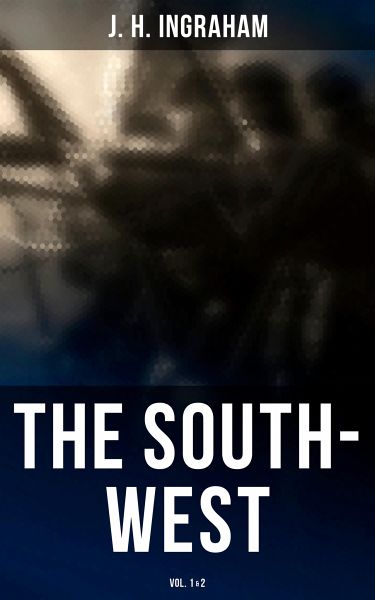
The South-West (Vol. 1&2) (eBook, ePUB)
Versandkostenfrei!
Sofort per Download lieferbar
0,49 €
inkl. MwSt.
Weitere Ausgaben:

PAYBACK Punkte
0 °P sammeln!
J. H. Ingraham's 'The South-West (Vol. 1&2)' is a poignant and detailed exploration of the southern United States during the early 19th century. Ingraham's literary style is marked by vivid descriptions and detailed historical research, transporting readers to a time of great societal upheaval and cultural change. Through a series of interconnected narratives, Ingraham paints a complex portrait of the region, delving into issues of race, class, and morality with a keen eye for detail and nuance. The book's mix of historical fiction and social commentary offers a unique perspective on the tumul...
J. H. Ingraham's 'The South-West (Vol. 1&2)' is a poignant and detailed exploration of the southern United States during the early 19th century. Ingraham's literary style is marked by vivid descriptions and detailed historical research, transporting readers to a time of great societal upheaval and cultural change. Through a series of interconnected narratives, Ingraham paints a complex portrait of the region, delving into issues of race, class, and morality with a keen eye for detail and nuance. The book's mix of historical fiction and social commentary offers a unique perspective on the tumultuous era of American history. Ingraham's narrative is engaging and thought-provoking, making 'The South-West' a compelling read for those interested in the antebellum South and its complexities.
Dieser Download kann aus rechtlichen Gründen nur mit Rechnungsadresse in A, B, BG, CY, CZ, D, DK, EW, E, FIN, F, GR, H, IRL, I, LT, L, LR, M, NL, PL, P, R, S, SLO, SK ausgeliefert werden.













